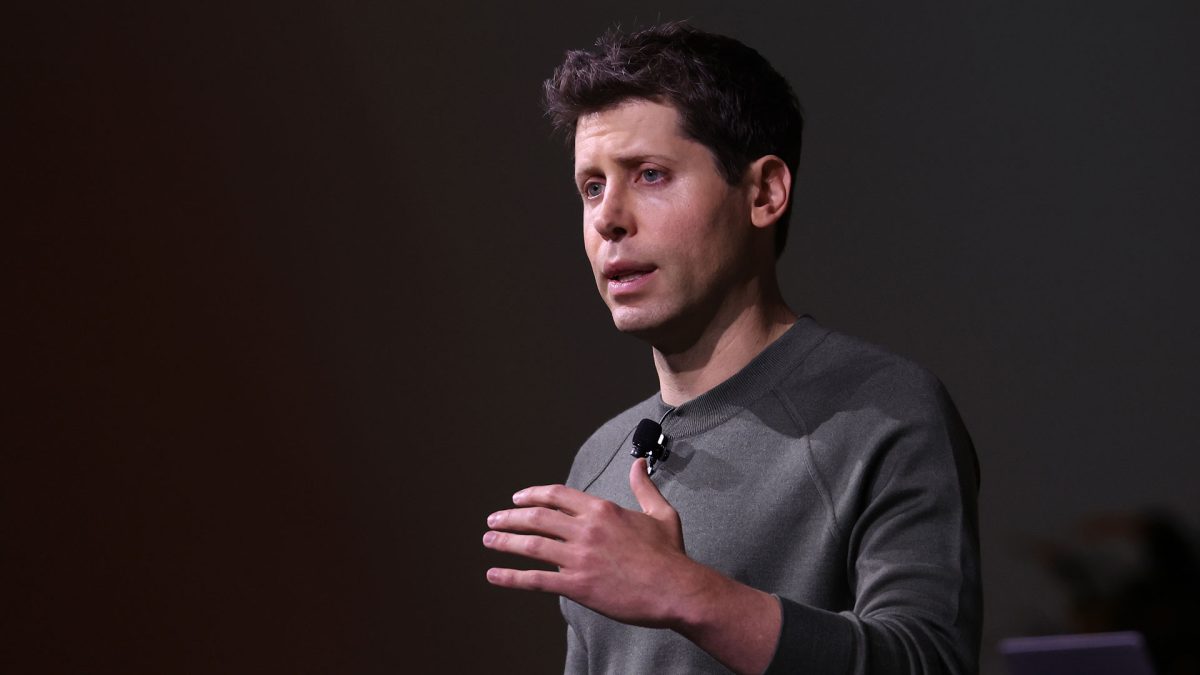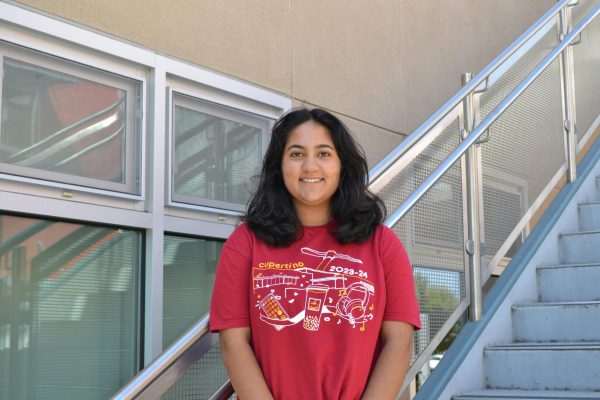On Nov. 22, OpenAI’s board of directors reinstated Sam Altman as Chief Executive Officer just five days after voting him out. His surprise ousting and quick return, marked by significant support from hundreds of OpenAI employees, represents the current turbulent political climate of tech companies like OpenAI.
Artificial intelligence companies including OpenAI, the company that famously launched ChatGPT, continue to struggle for power, profit and innovation, while simultaneously maintaining AI ethics and consequently battling to be the best open-source chatbot across large tech conglomerates.
OpenAI’s board stated they fired Sam Altman, CEO of OpenAI since 2019, for undisclosed reasons. Because Altman had no stake in OpenAI, the board could execute this decision at their discretion.
Two different CEOs temporarily replaced Altman — Mira Murati, Chief Technology Officer of OpenAI, and Emmet Shear, former CEO of Twitch, both of whom had short runs. Murati served as interim CEO immediately after Altman’s removal for two days while Shear served as CEO for 72 hours.
Despite the board’s actions, Altman’s colleagues and employees spoke up in his defense. Greg Brockman, president of OpenAI, resigned in support of Altman. Several researchers and hundreds of employees also followed suit, displaying their unity with Altman as a necessary leader for their loyalty to OpenAI. Almost all employees signed a petition calling for the board’s removal and Altman’s return.
Simultaneously during this turbulent period, Microsoft — a large investor in OpenAI — offered Altman a job as Chief Executive in their new research lab and guaranteed the workers who resigned in solidarity with Altman jobs as well. Altman was hired by Microsoft on Monday, Nov. 20th, just two days before he would be reinstated as CEO of OpenAI.
Tech workers speculate that Altman’s firing may be related to ethical concerns regarding OpenAI’s project Q-star, an AI algorithm that would potentially enable AI models to adapt to human intelligence patterns.
Q* would be an unprecedented milestone in the AI journey. OpenAI board members such as Ilya Sutskever feared the future commercialization of Q* which would pose a risk to the defense of humanity. Q* and OpenAI’s journey to artificial general intelligence — creating the possibility for machines to behave like humans — face long-established ethical concerns that eventually, AI and technology will lead to human extinction. Altman’s supposed role in guiding this secretive project motivated four of the board members to push for his removal.
There is significant discourse over the development of Q* and AGI amongst the technology community, which is causing severe ethical and political debates amongst leadership in tech companies like OpenAI. Some AI scientists argue that every company, not just OpenAI, has been working on similar Q* models and that Altman should not be crucified by the board for his work on the project. Others denounce the development of AGI itself, claiming that it poses too great a risk to humanity to be ethically researched or developed.
Board member Sutskever was a co-founder of OpenAI with Altman and leads researchers in the company. He played a critical role in removing Altman from the company — reflective of the conflict between research ethics and product profitability within companies like OpenAI. Although eventually, Sutskever took to social media platform X to apologize for the way his actions impacted OpenAI, the damage to the board’s reputation had already become irreversible.
OpenAI was thrown into disorder, on the verge of losing most of its employees and leadership. This led conversations to between the board and Altman until he was eventually reinstated as CEO. Along with him, the board reinstated people like Brockman who had quit in solidarity. Part of the agreement Altman made with the company’s investors for his return was the removal and replacement of all board members except for Adam D’Angelo, who advocated for Altman from the start. With a new board and Alman back in charge, the company will continue its AI research and projects while also reinforcing its partnership with Microsoft on future AI innovations.
At the core of the chaos within OpenAI are the ethical concerns regarding AI projects in AGI and the balance between safe research and creating company profit. These are questions that will continue to affect the politics of companies like OpenAI, which are leading the creation of AGI innovations that have the potential to revolutionize the world.











